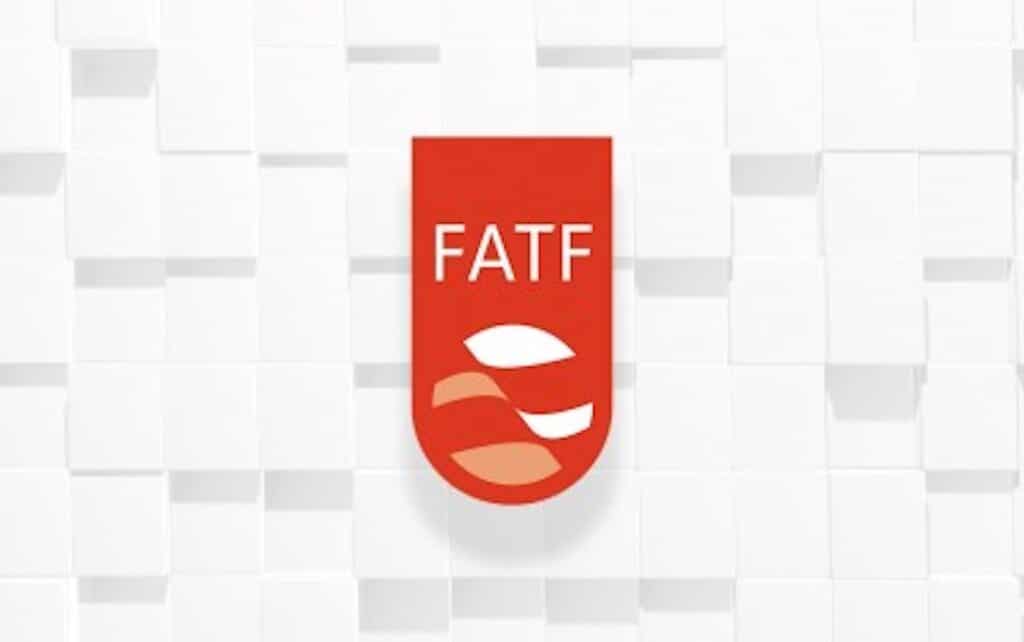Philippines exits ‘grey list’ of Financial Action Task Force

Inquirer.net graphics (FILE)
MANILA, Philippines – After more than three years, the Philippines is finally out of the Financial Action Task Force’s (FATF) grey list or list of jurisdictions under increased monitoring.
In a statement late Friday, the FATF said the Philippines made significant progress improving its anti-money laundering and counter-terrorism financing (AML/CTF) regime.
“The plenary agreed to take the Philippines off the grey list in recognition of the completion of their action plan, which was agreed in June of 2021. Amongst other efforts and results, the Philippines is now actively combating the risk of dirty money flowing through casinos in the country,” FATF President Elisa de Anda Madrazo said in a separate briefing.
READ:
Gov’t targets civil society groups to exit FATF ‘grey list’ — HRW
Pogo operators in Lapu-Lapu to face money laundering cases
“The Philippines is expected to sustain the implementation of the reforms and importantly to do so in a way that is consistent with the FATF standard. The country will continue to work with the Asia-Pacific Group (APG) on money laundering and will start preparing soon for their next evaluation.”
The FATF is a global money laundering and terrorist financing watchdog.
The Philippines was in the watchdog’s grey list since June 2021.

FATF LOGO VIA PNA
The FATF said the Philippines strengthened the effectiveness of its anti-money laundering and counter-terrorism financing regime to meet the commitments in its action plan regarding the strategic deficiencies that the FATF identified in June 2021.
These include demonstrating that effective risk-based supervision of Designated Non-Financial Business and Professions (DNFBP) is occurring; demonstrating that supervisors are using AML/CFT controls to mitigate risks associated with casino junkets; implementing the new registration requirements for Money or Value Transfer Services (MVTS) and applying sanctions to unregistered and illegal remittance operators; and enhancing and streamlining law enforcement agency access to beneficial ownership (BO) information and taking steps to ensure that BO information is accurate and up-to-date.
Other fulfilled action plans include demonstrating an increase in the use of financial intelligence and an increase in money laundering investigations and prosecutions in line with risk; demonstrating an increase in the identification, investigation, and prosecution of terrorism financing cases; demonstrating that appropriate measures are taken with respect to the non-profit organization (NPO) sector (including unregistered NPOs) without disrupting legitimate NPO activity; enhancing the effectiveness of the targeted financial sanctions framework for both terrorist financing and proliferation financing; and applying cross-border measures in all main international sea/airports, in line with the risk.
Madrazo said an onsite visit was recently conducted to verify the Philippines’ progress.
She noted that the Philippines also committed to sustain these measures.
“We have the high-level commitment of the Philippines to do so and that was reiterated through the meetings this week. Secondly, that the country will continue as other countries that exit the list, to work with the regional group, which is the APG, in making sure that these measures are sustained and importantly, third, the Philippines will be under a new assessment in the years to come,” she said.
“This assessment will take place in 2027, which means that they will soon start preparing. And of course, that will be an opportunity for the FATF to verify that the measures are sustained and still in place.” (PNA)
Disclaimer: The comments uploaded on this site do not necessarily represent or reflect the views of management and owner of Cebudailynews. We reserve the right to exclude comments that we deem to be inconsistent with our editorial standards.
